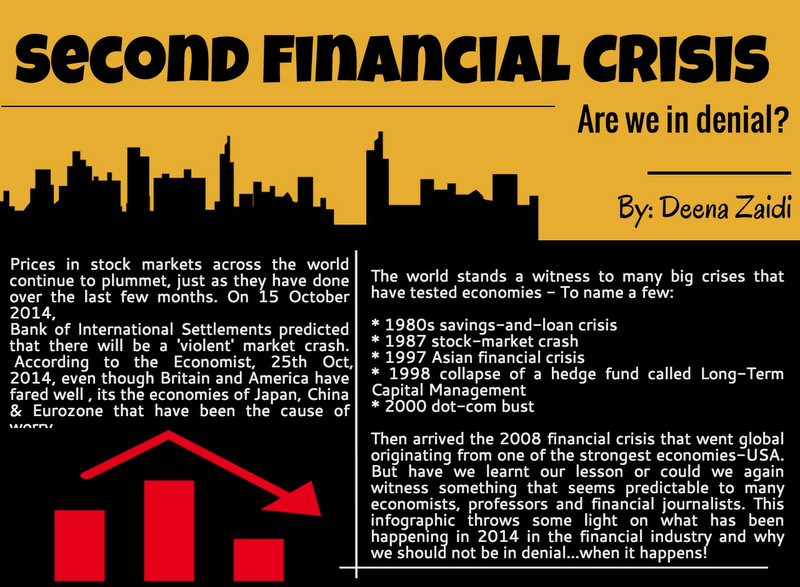“Our destiny is in Europe, as part of the community. That is not to say that our future lies only in Europe, but nor does that of France or Spain or, indeed, of any other member. The community is not an end in itself.” – Margaret Thatcher in The Bruges Speech, 1988. It was in the ‘Bruges Speech’…



